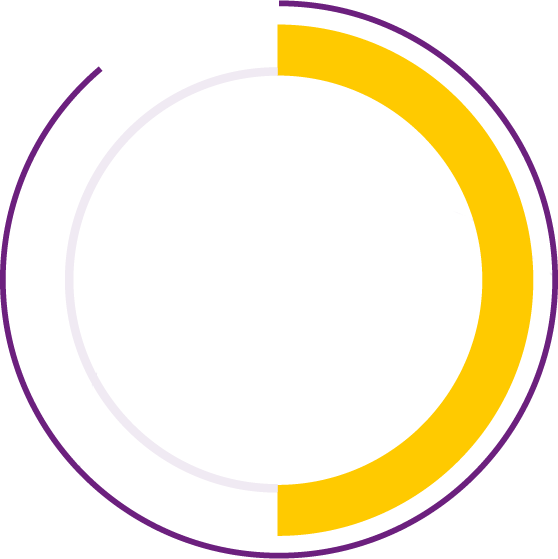
Supporting women through the symptoms of menopause
Menopause is the result of changes in your body that can have a big impact on your life. And there’s so much for you to learn – from understanding the signs, symptoms and side effects, to how they are managed, to the treatment options available – it can sometimes feel overwhelming. Each woman’s experience of menopause is personal and different. However, by learning more about the signs, symptoms and their causes, you can understand what’s to come and also feel more in control.
If you are experiencing symptoms of menopause, getting the appropriate support from your doctor to manage the symptoms is key. Theramex has created a guide designed to help you prepare for a discussion about menopause with your general practitioner to ensure you get the most out of your appointment and any treatment you receive. Click here to access it.



What is menopause?
Menopause means stopping periods. ‘Meno’ refers to menstruation, and ‘pause’ means to stop. The medical definition of menopause is when one year has passed since your last period.
As you approach menopause, your periods will become irregular and you may experience greater intervals between bleeds and then your periods might completely stop. It typically starts between the ages of 45-55, and the transition can last for several years.
During your reproductive years, your brain and ovaries work together to create the hormones that stimulate the release of an egg (called ovulation) and prepare your uterus for pregnancy every month. The main hormones involved in the process are estrogen and progesterone.
If you don’t become pregnant, you will have a period, and the cycle starts the following month again.
For women, as we age, our ovaries run out of eggs, our body gradually stops producing hormones, and we enter menopause.
Menopause consists of perimenopause and post-menopause
- Perimenopause: the levels of hormones in the body start to fluctuate and decline. Periods become irregular and eventually stop altogether.
- Postmenopause: the rest of a woman’s life after a year or more has passed since her last period.



Perimenopause
A change in the reproductive hormones estrogen and progesterone causes the slowing and eventual end of the menstrual cycle. This hormone decrease happens over time and causes physical and emotional symptoms that arise gradually as the body changes.
This period of transition is known as perimenopause.
Postmenopause
If a year or more has passed since your last menstrual period, you have reached menopause and have also entered the time of post-menopause.
The lack of estrogen in your body through the menopausal years can cause physical and psychological changes and long-term impacts on your health. Many diseases become more apparent during the post-menopausal period and you may be at increased risk of developing some conditions, including osteoporosis, heart disease, diabetes, cancer, depression, and dementia.
Lifestyle factors, such as a balanced diet and plenty of exercise, can help to reduce the health impacts and improve quality of life as we age.
